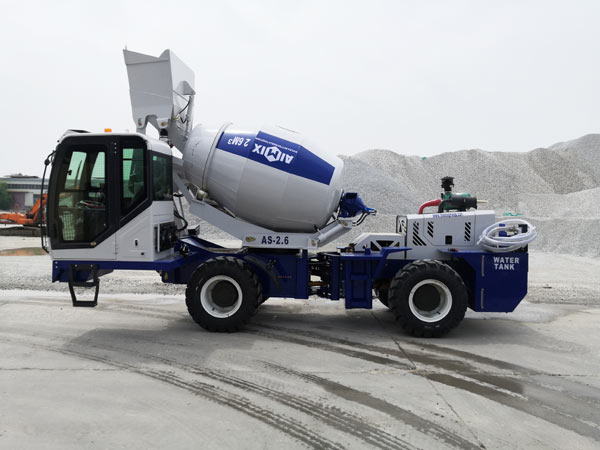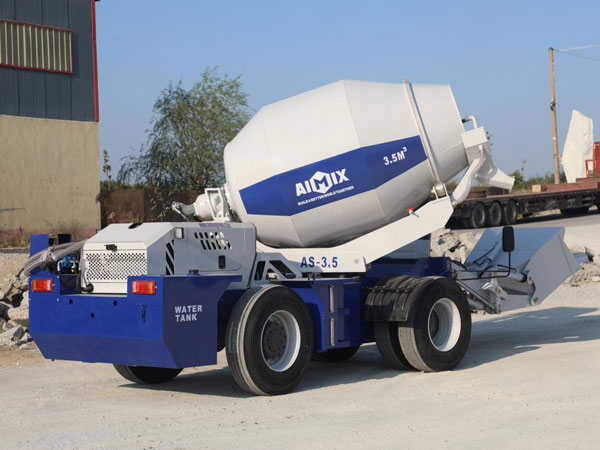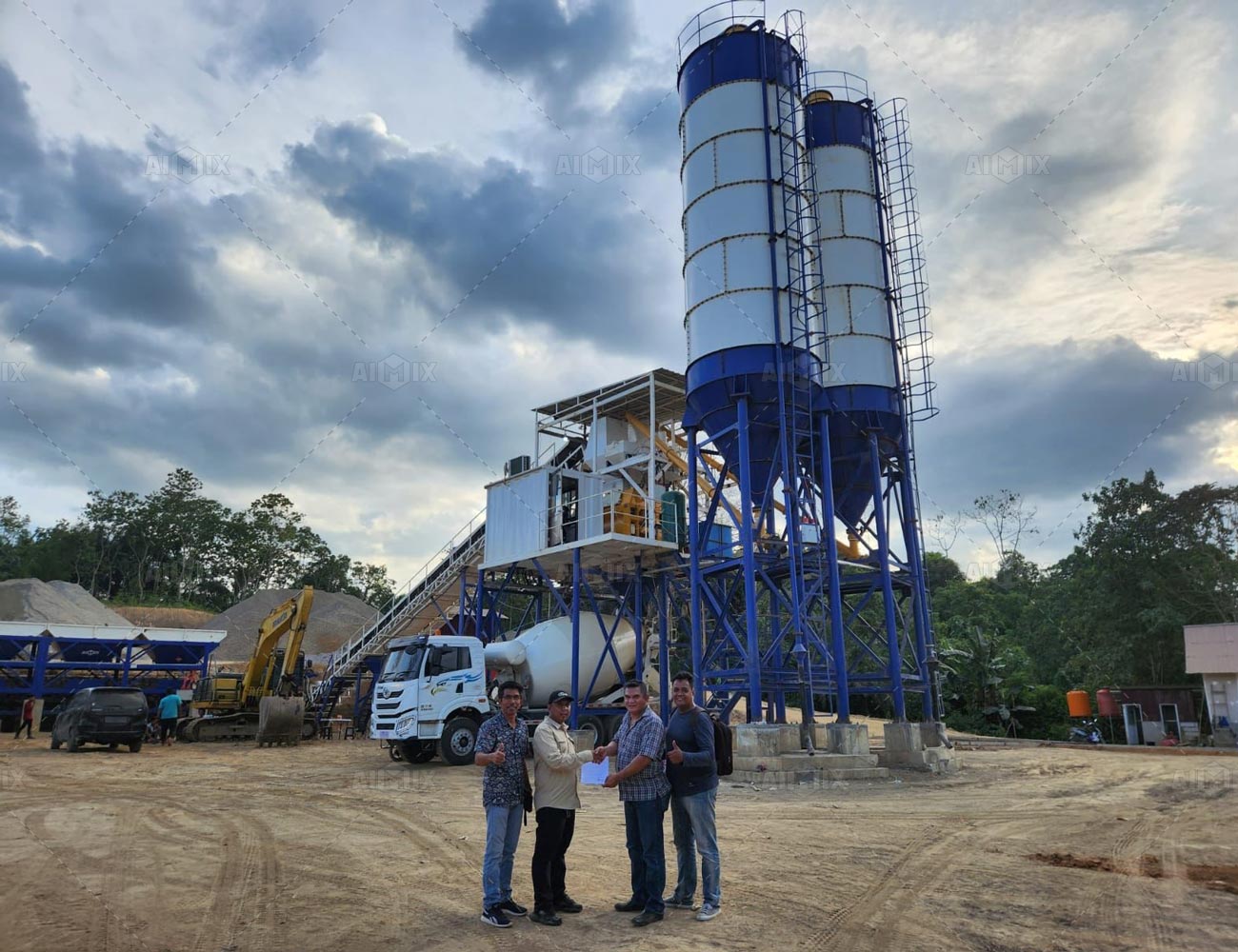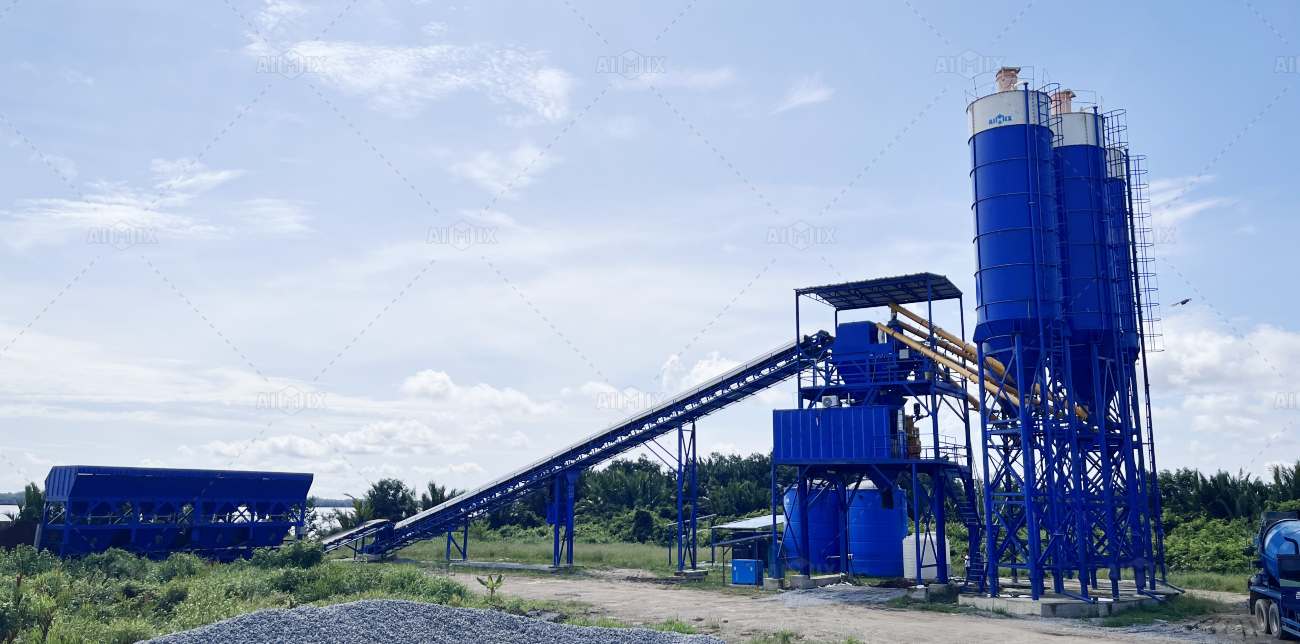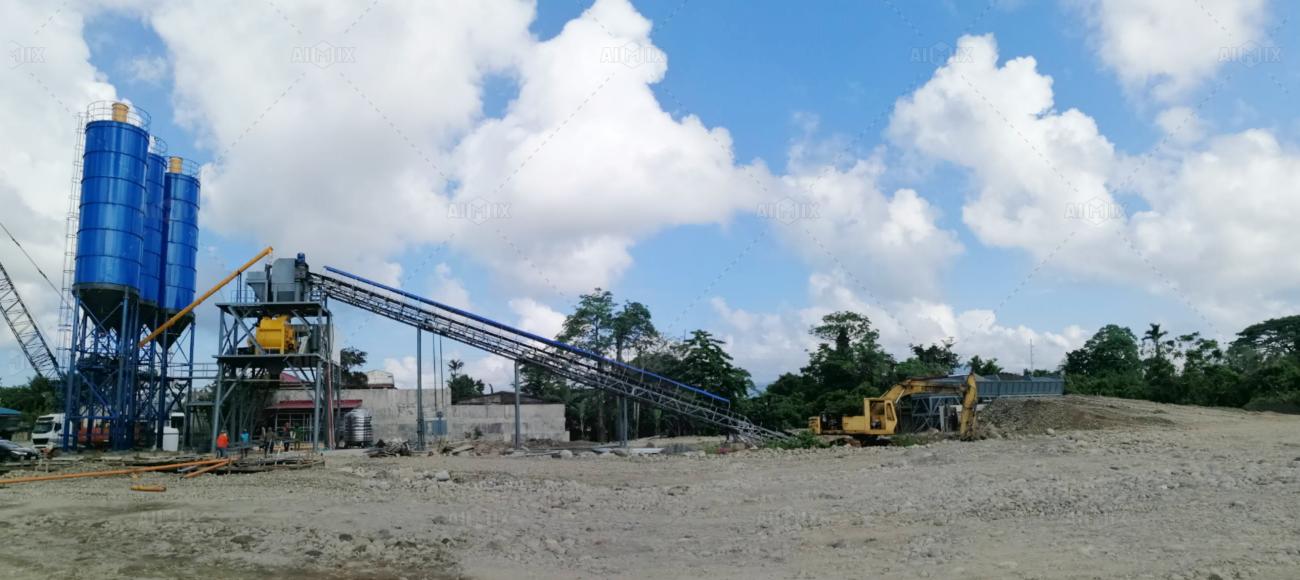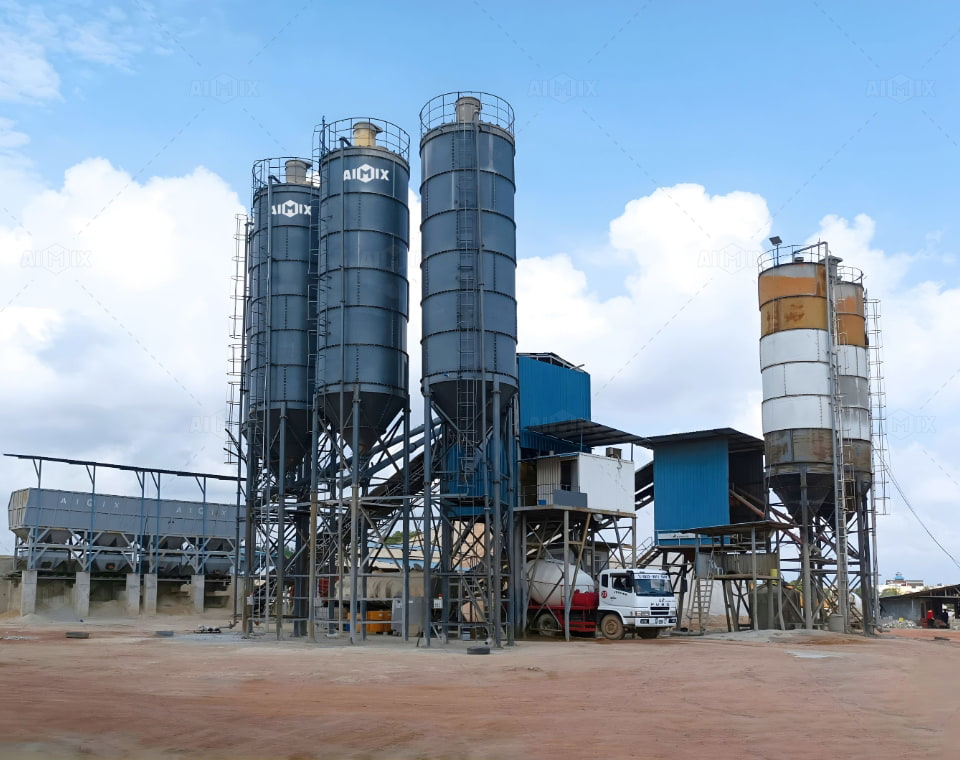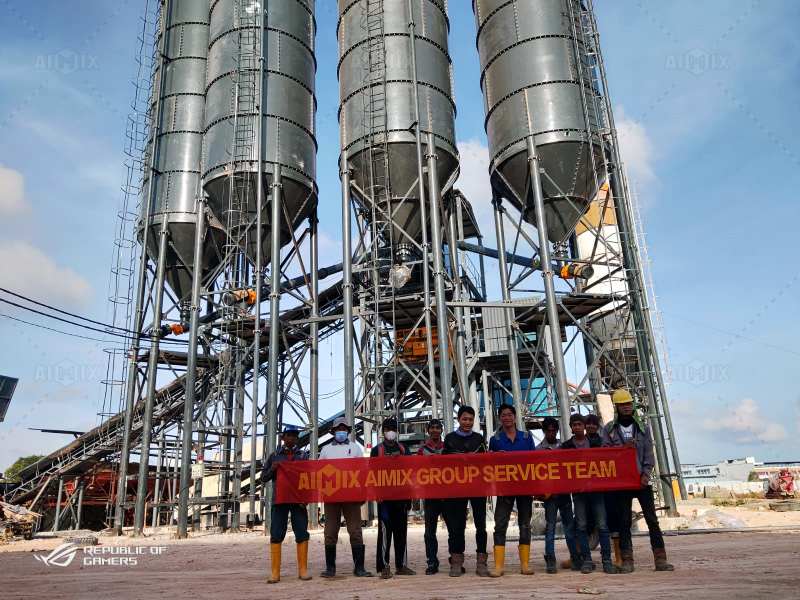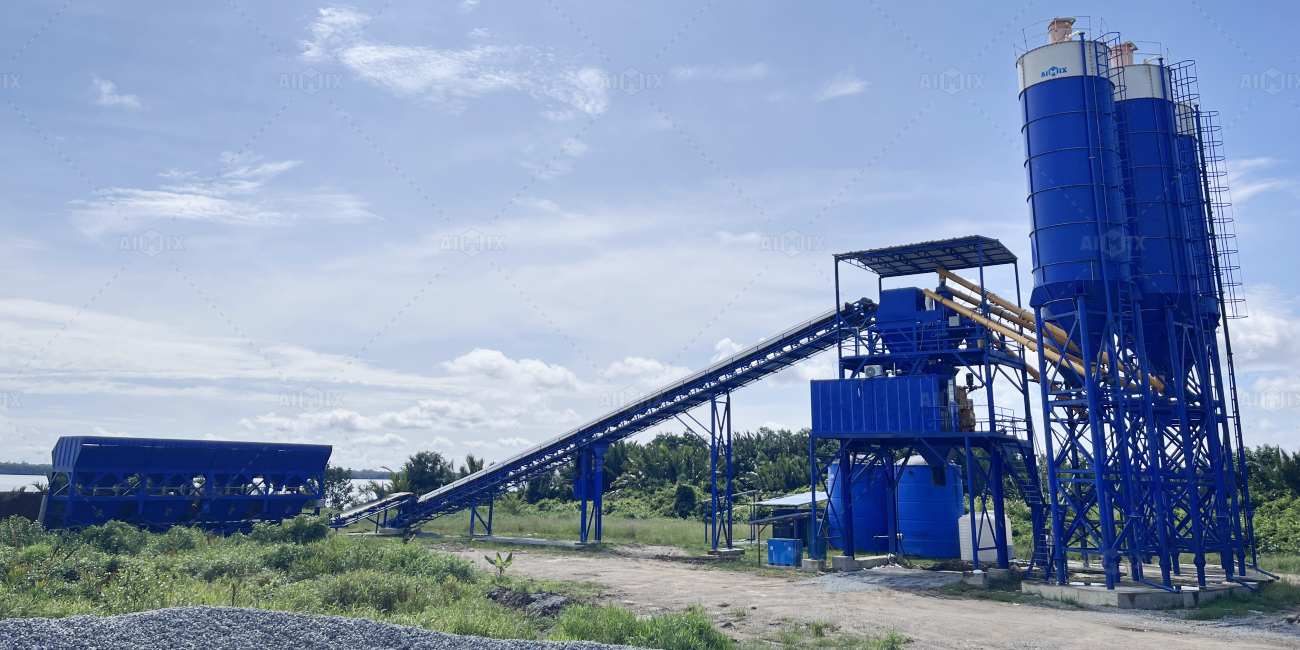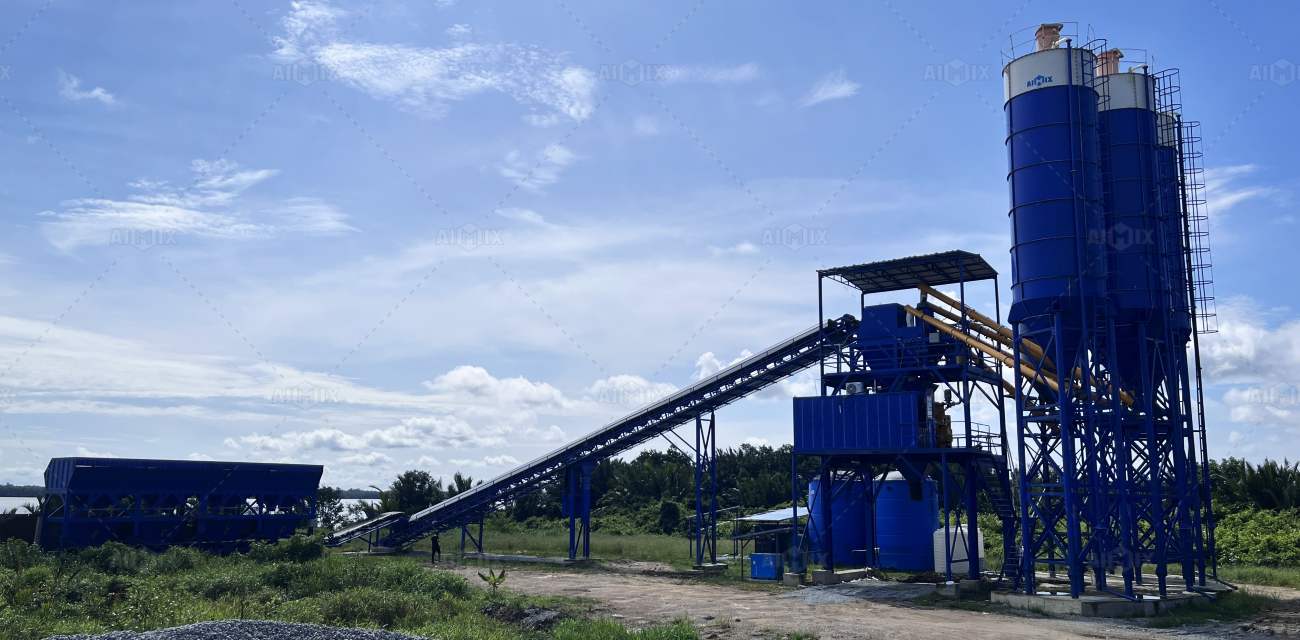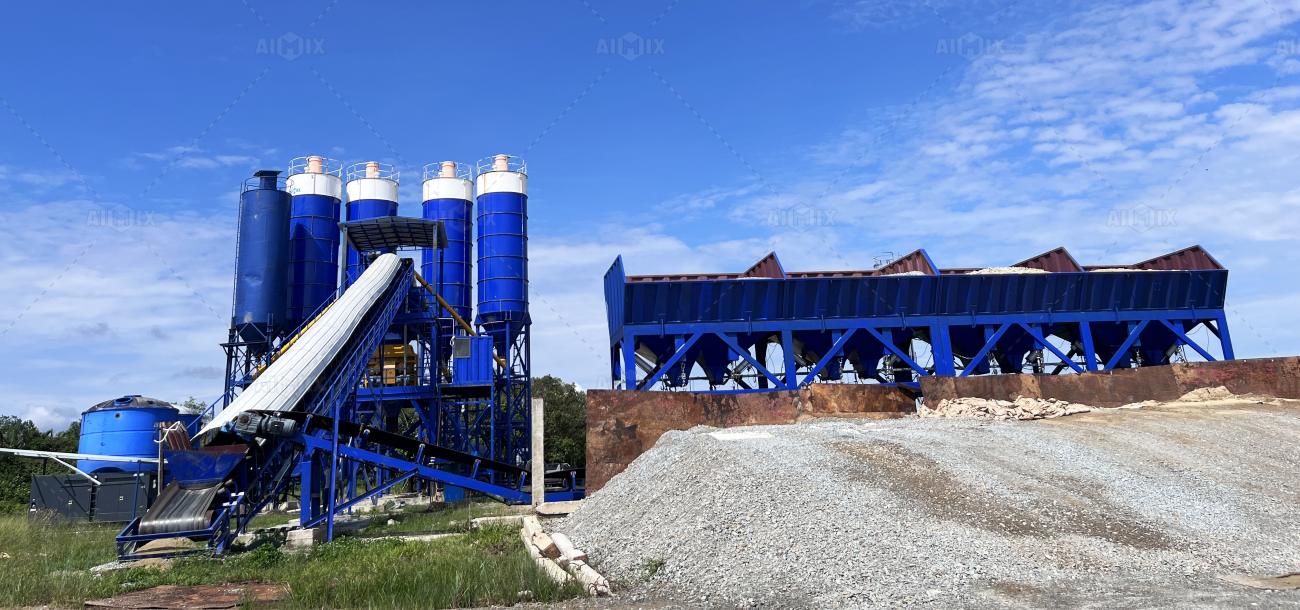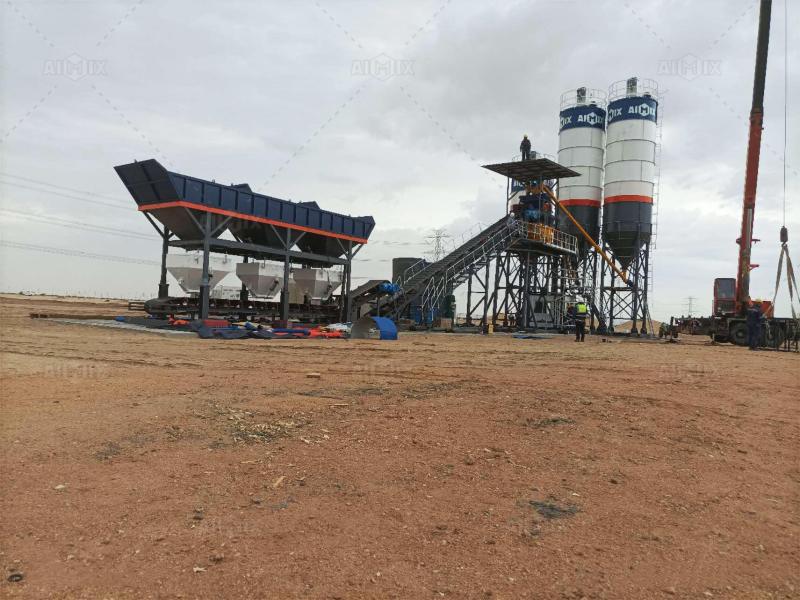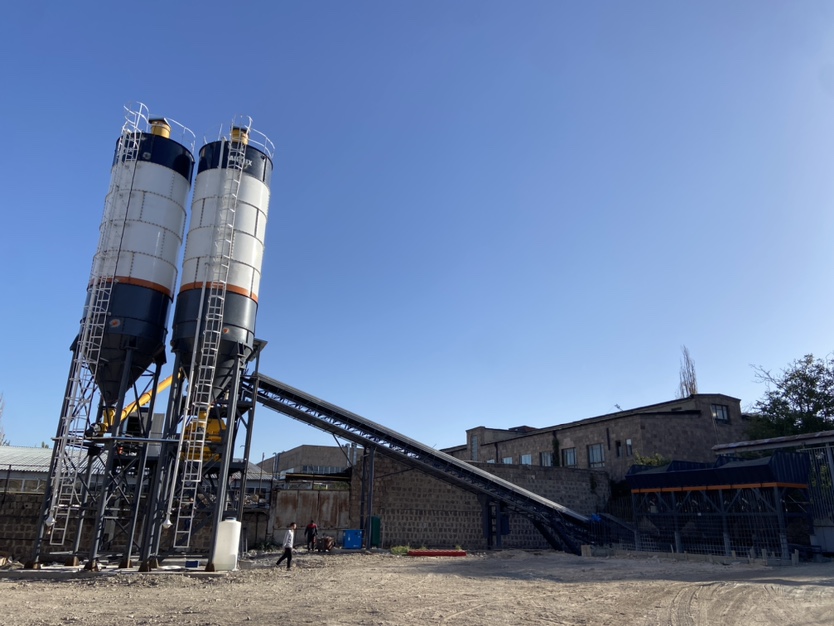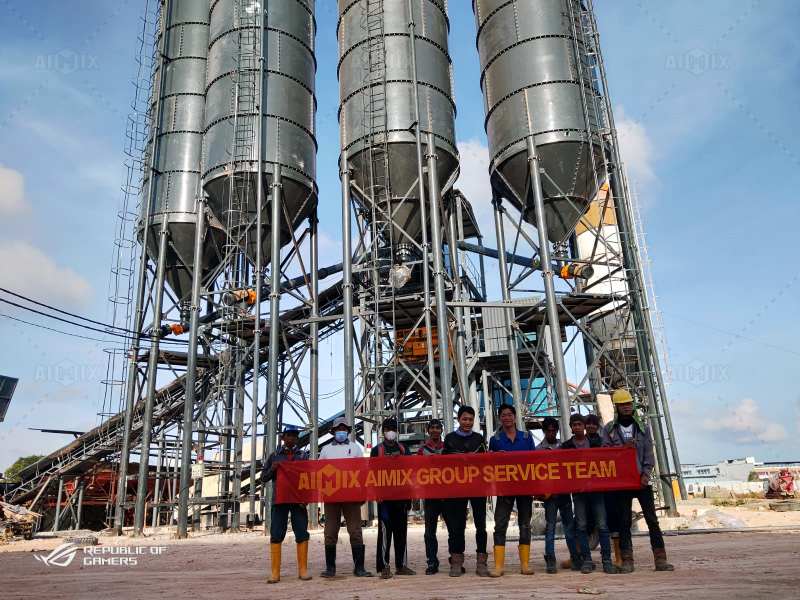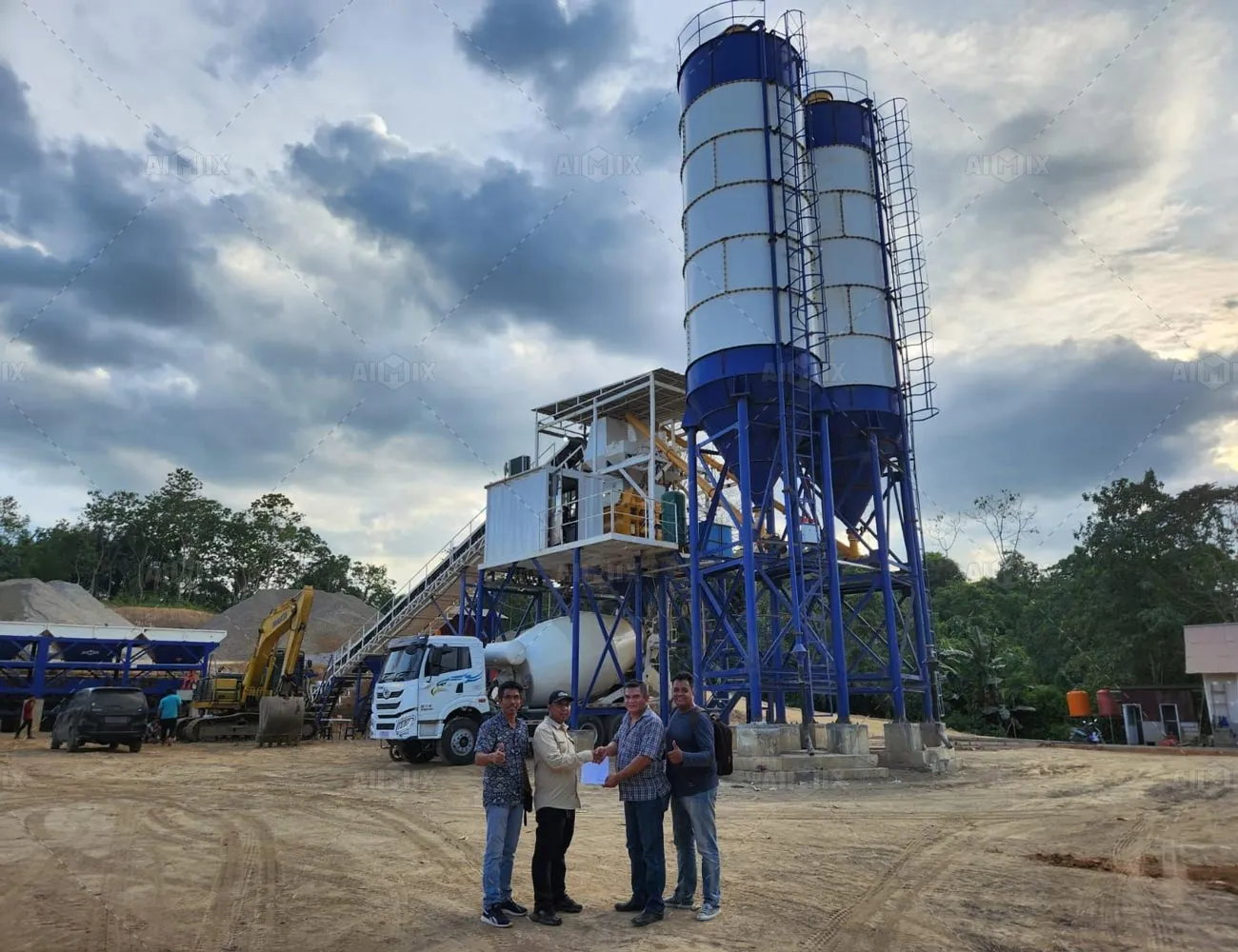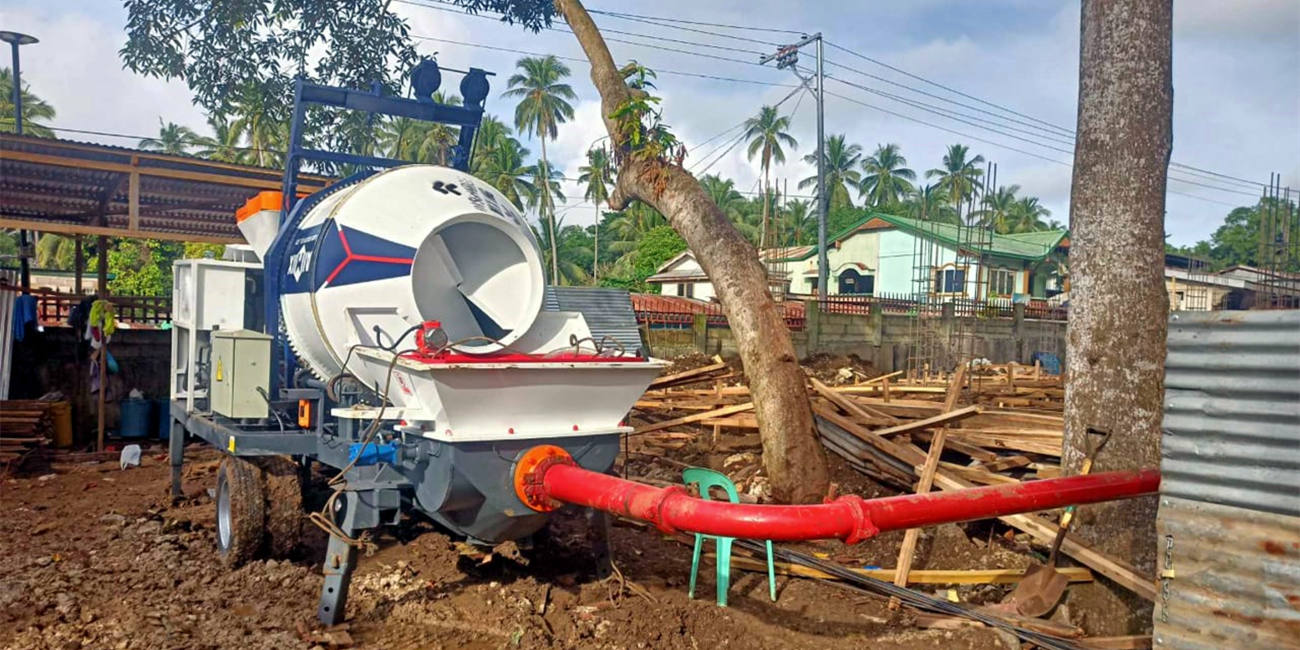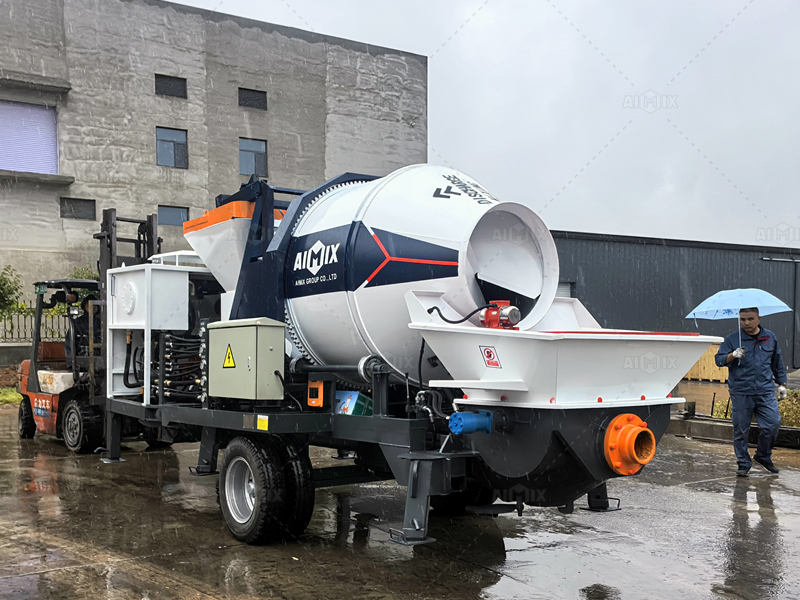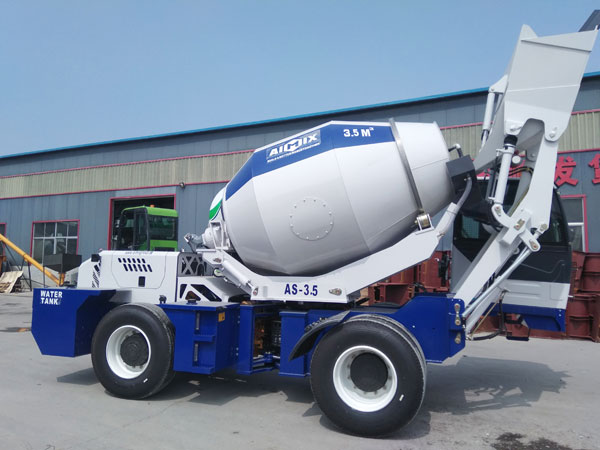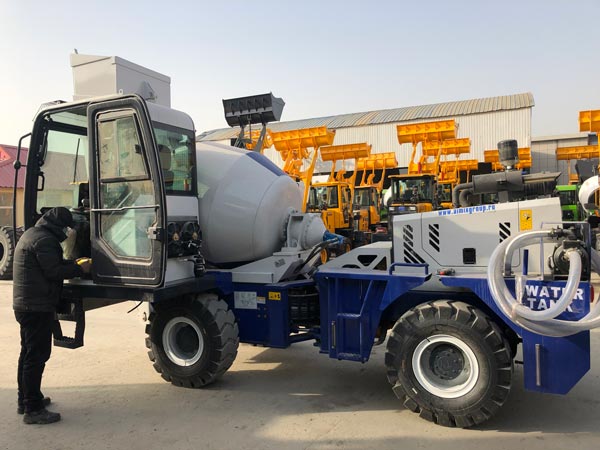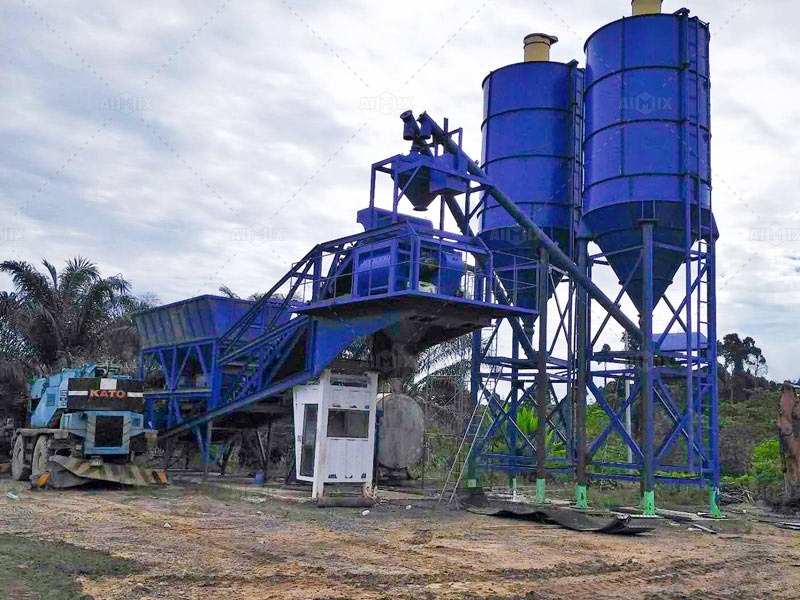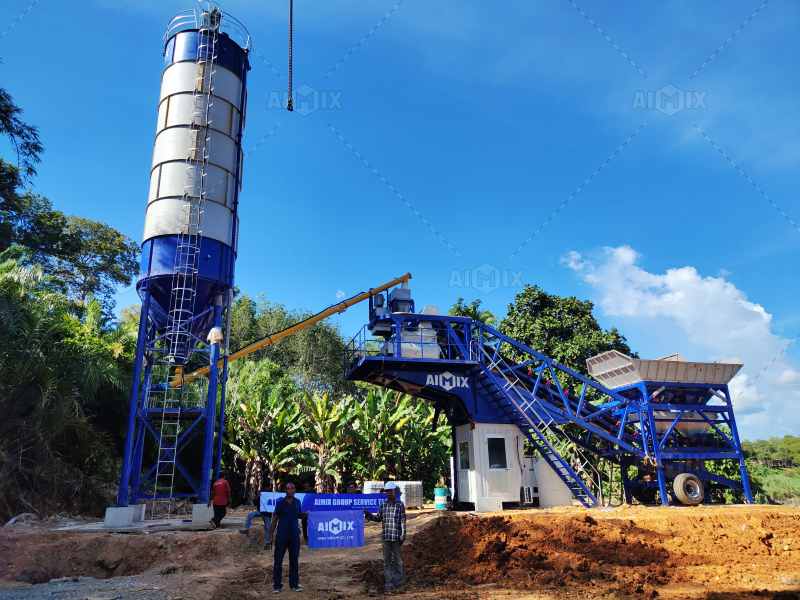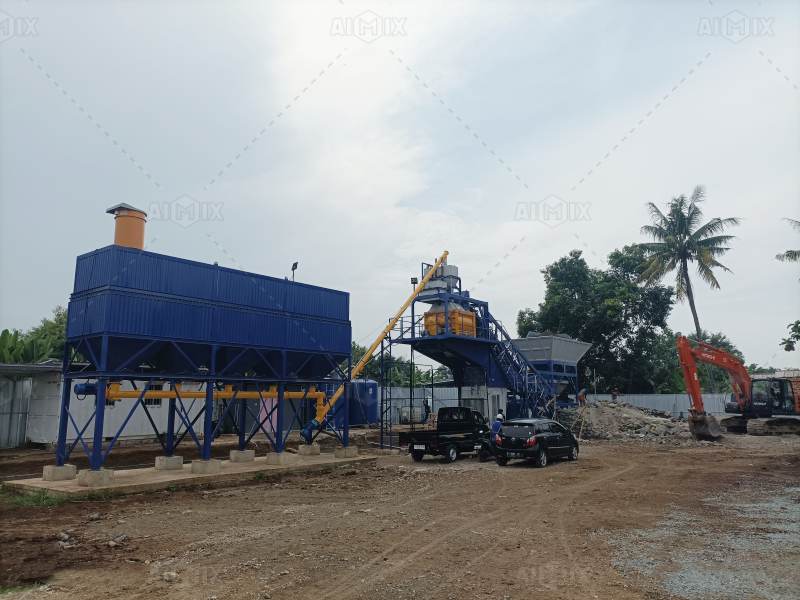Concrete plays a crucial role in modern construction, from roads and bridges to commercial and residential buildings. However, traditional concrete production methods can be time-consuming and expensive, especially for remote or on-demand projects. This is where portable concrete plants revolutionize the industry, offering efficiency, flexibility, and cost savings. In this article, we explore the advantages of portable concrete plants, how they compare to stationary batching plants, and factors to consider when choosing the right solution for your project.
What Are Portable Concrete Plants?
Portable concrete plants, also known as mobile batching plants, are compact and transportable facilities designed to produce concrete on-site. Unlike stationary plants, these units can be easily relocated, making them ideal for temporary or remote construction sites. They come equipped with essential components such as cement silos, aggregate bins, conveyors, and mixers, ensuring a seamless production process.
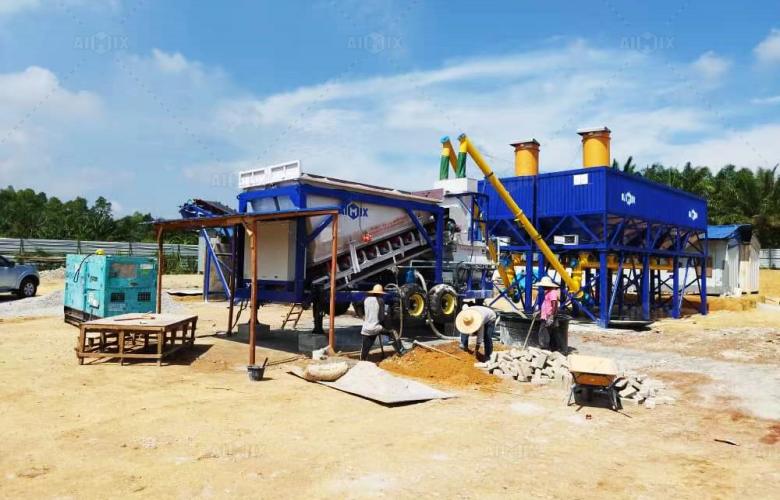
Advantages of Portable Concrete Plants
1. On-Demand Concrete Production
One of the most significant benefits of portable concrete plants is the ability to produce concrete when and where it is needed. This eliminates delays caused by transportation, reduces wastage, and ensures a steady supply for fast-paced construction projects.
2. Cost Savings
Investing in a portable concrete batching plant for sale can lead to substantial cost savings in the long run. These plants reduce transportation expenses, minimize material loss, and optimize labor efficiency. Additionally, they eliminate the need for third-party concrete suppliers, allowing contractors to control production costs.
3. Flexibility and Mobility
Unlike fixed batching plants, portable concrete plants can be transported to different job sites with ease. Whether working on road construction, bridge projects, or temporary building sites, contractors can move the plant as needed, reducing downtime and increasing efficiency.
4. Customizable Configurations
Portable concrete plants come in various models and configurations to suit different project requirements. Options include different mixer types (twin-shaft, drum, or planetary mixers), automation levels, and production capacities. Some advanced models even feature computerized controls for precise batching and monitoring.
5. Environmental Benefits
By producing concrete on-site, portable plants reduce carbon emissions associated with long-distance transportation. Additionally, many models include dust collection systems and water recycling features, promoting sustainable construction practices.
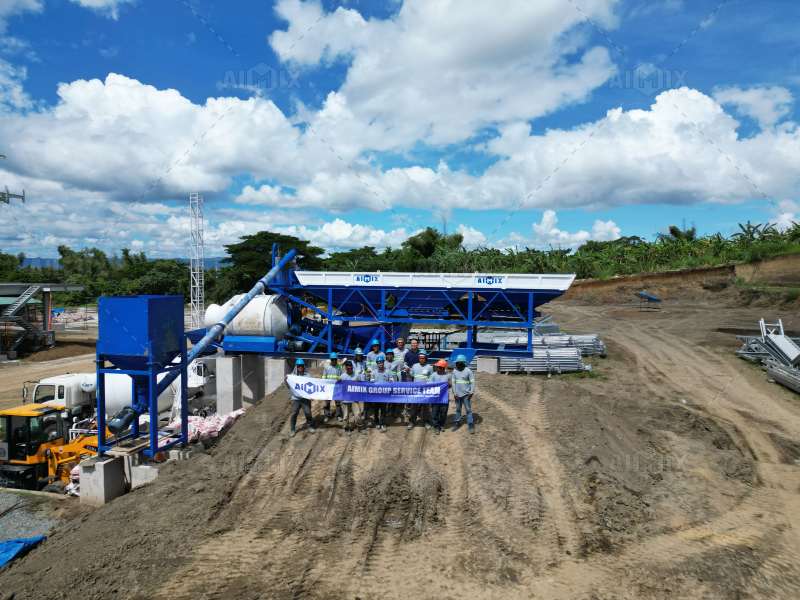
Comparing Portable vs. Stationary Concrete Batching Plants
| Feature | Portable Concrete Plant | Stationary Concrete Plant |
|---|---|---|
| Mobility | Easily transportable | Fixed in one location |
| Setup Time | Quick and easy setup | Requires permanent installation |
| Ideal For | Temporary, remote, and on-demand projects | Large-scale, long-term projects |
| Production Capacity | Moderate to high | High capacity |
| Cost | Lower initial investment | Higher infrastructure costs |
While stationary plants offer high production capacity and stability, portable concrete plants are the preferred choice for dynamic projects that require frequent location changes.
Key Considerations When Buying a Portable Concrete Batching Plant for Sale
If you’re considering investing in a portable concrete plant, here are some essential factors to keep in mind:
1. Production Capacity
Determine your project’s concrete demand and choose a plant with an appropriate production rate. Smaller projects may require plants with outputs of 20-50 m³/hour, while large-scale projects may need 100 m³/hour or more.
2. Automation and Control Systems
Modern portable batching plants offer automated controls that improve accuracy and efficiency. Look for models with computerized batching, real-time monitoring, and user-friendly interfaces to streamline operations.
3. Mixer Type
The type of mixer affects the consistency and quality of the concrete. Twin-shaft mixers are ideal for high-strength concrete, while drum mixers are suitable for smaller or low-volume projects.
4. Transportation and Setup
Check the portability features of the plant, including its ability to be transported via truck or trailer. Some models come with pre-wired components for fast installation, reducing setup time significantly.
5. Cost and Return on Investment
Compare prices and evaluate the long-term benefits of owning a portable batching plant. Although the initial investment may seem high, the savings in transportation, labor, and material costs make it a profitable decision in the long run.

Popular Portable Concrete Batching Plant Models for Sale
Several manufacturers offer high-quality portable batching plants designed for various project needs. Some well-known models include:
-
AJY-25, AJY-35, and AJY-50 – Small to medium-capacity models ideal for road construction and temporary projects.
-
AJY-60 and AJY-75 – Higher capacity plants suitable for large-scale infrastructure projects.
-
Customizable mobile plants – Designed to fit unique project requirements with advanced automation and energy-efficient systems.
Conclusion
Portable concrete plants are a game-changer for the construction industry, providing on-demand concrete production, cost savings, and mobility. Whether working on a short-term project or needing a flexible solution for multiple sites, investing in a concrete batching plant for sale can enhance efficiency and profitability. By understanding key features, comparing options, and choosing the right model, contractors can maximize their investment and improve project outcomes.
